All Episodes
Displaying 31 - 60 of 148 in total
Imaging GPCR Activity: Unravelling Mechanisms from Molecules to Morphology
Precise control of cellular communication and signaling is crucial for every physiological system, with G protein-coupled receptors (GPCRs, the largest family of signa...

Critical Analysis Of Research Papers: Practical Examples
As a researcher, one of the most crucial skills to develop is the ability to perform an efficient yet thorough review of manuscripts. Manuscript reviewing requires spe...

New TauSTED Tools for Gentle Live Imaging at Nanoscale Resolution
This episode of Listen In showcases the latest tools and developments for multiplex STED imaging of living specimens at nanoscale resolution. Confocal imaging is a fun...
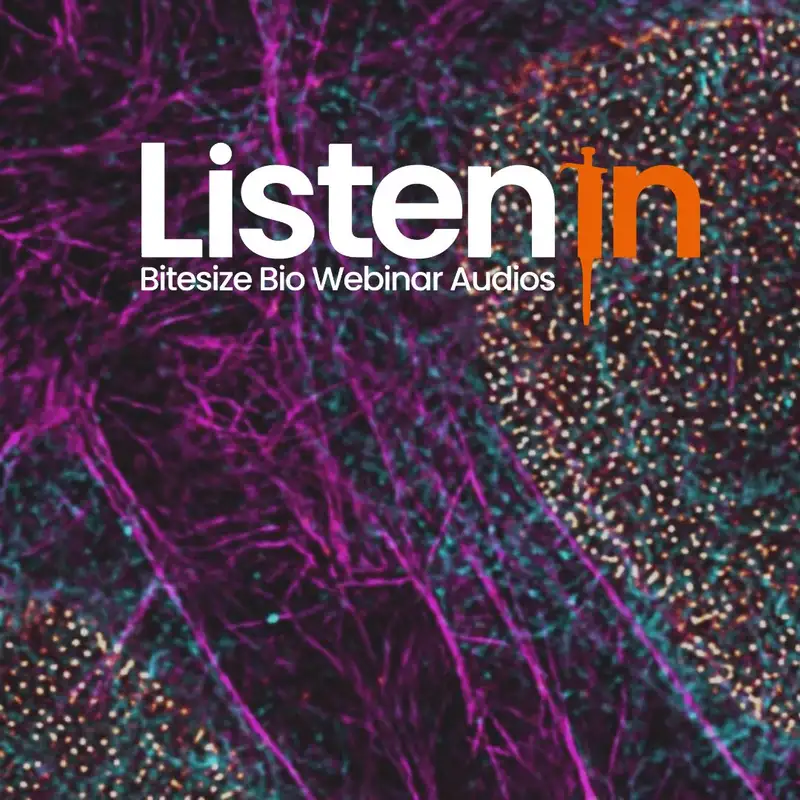
Finding The Ideal Hook for Your Science Story
Your research is important, but it can be hard to explain to others why it's important. In this episode of Listen In, you'll learn to find the ideal hook for your scie...

Culture Media Preparation: Contamination Control and Retention of Critical Components
Contamination poses a significant risk in cell culture, jeopardizing research outcomes and incurring costly setbacks.This episode of Listen In gives you valuable insig...
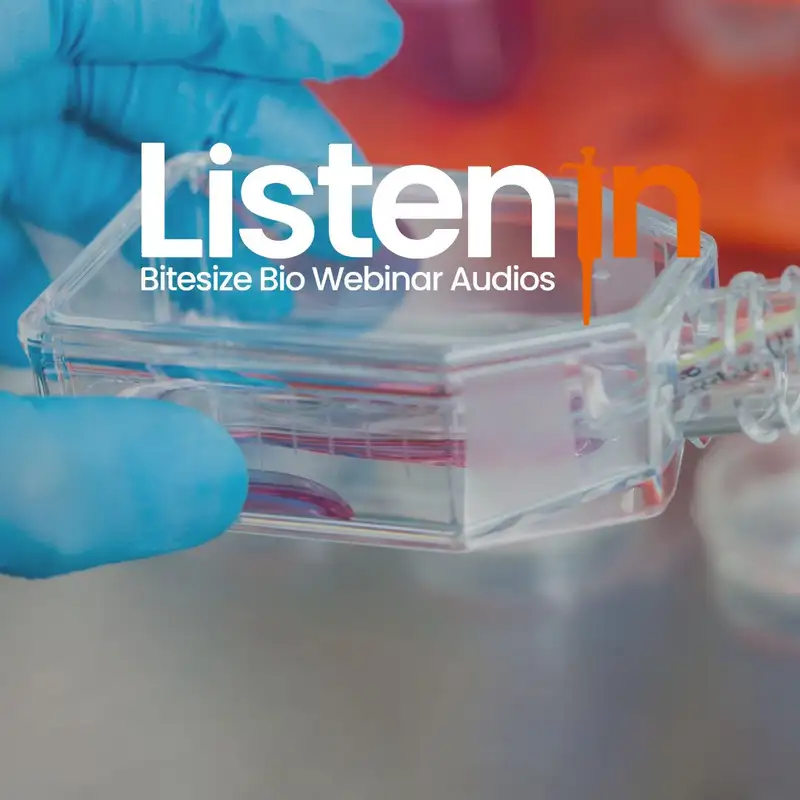
Automate Your Pipetting — Unleash Your Potential
Despite the growing number of new technologies and automated instruments, routine liquid handling is still a manual process in many labs. The trend towards automation ...
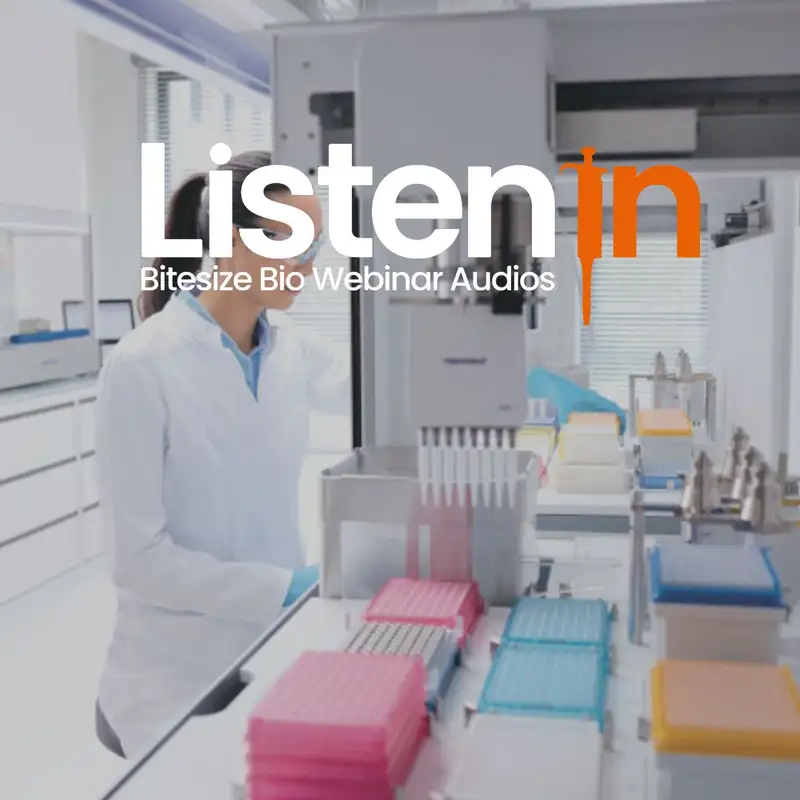
Cellular Crosstalk in Neurodevelopmental Disorders
Inspired by mutations associated with neurodevelopmental disorders, Prof. Dr. Silvia Cappello’s group at the Ludwig Maximilian University of Munich aims to understand ...
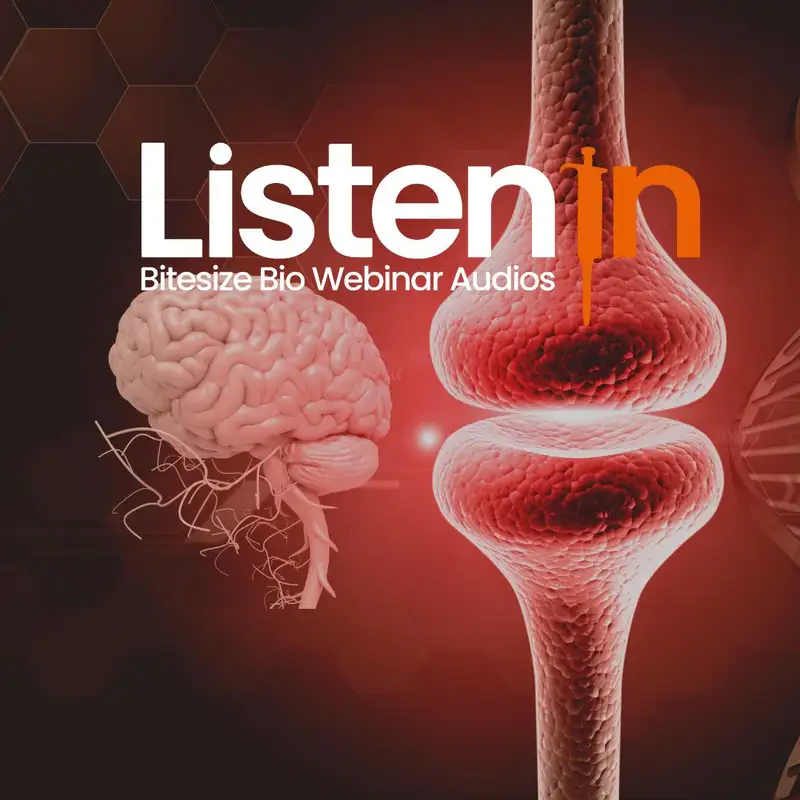
End-point PCR Set-up and Optimization: Best Practice
In this episode of Listen In, master your PCR set-up for unparalleled results. Check out this enlightening discussion of the crucial factors that influence the outcome...
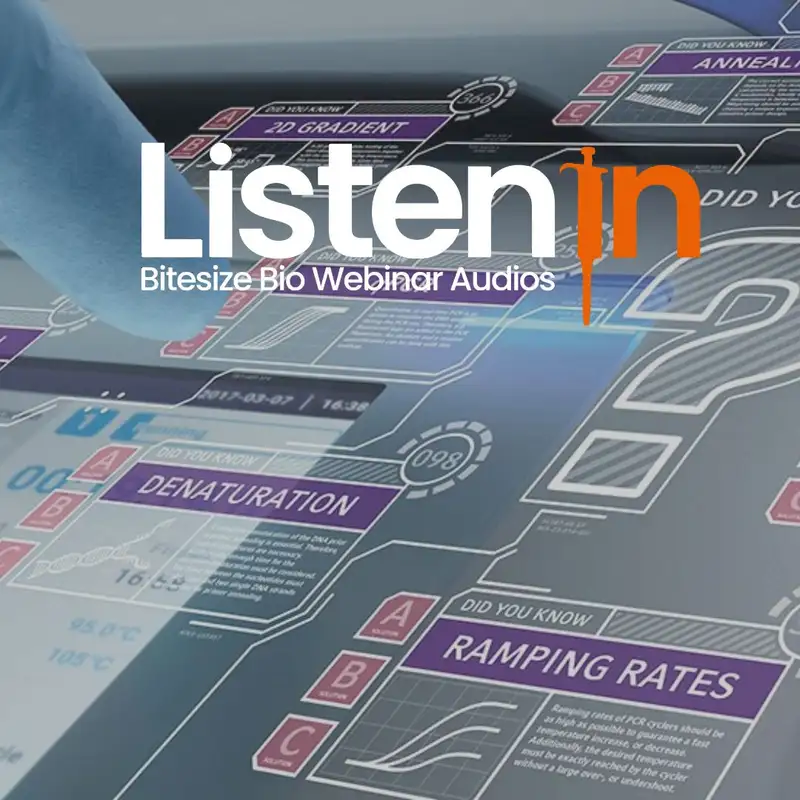
Approaches for More Transparent, Rigorous, and Reproducible Research
Improving open science and research reproducibility is both a technical and a social challenge.But how do we do it?One way is to design, conduct, and report research t...

Confirmation Bias and The Scientific Method II: Applying the Scientific Method
For many researchers, modern science has become about getting results rather than asking questions. Results mean publications, and publications mean more funding. Howe...
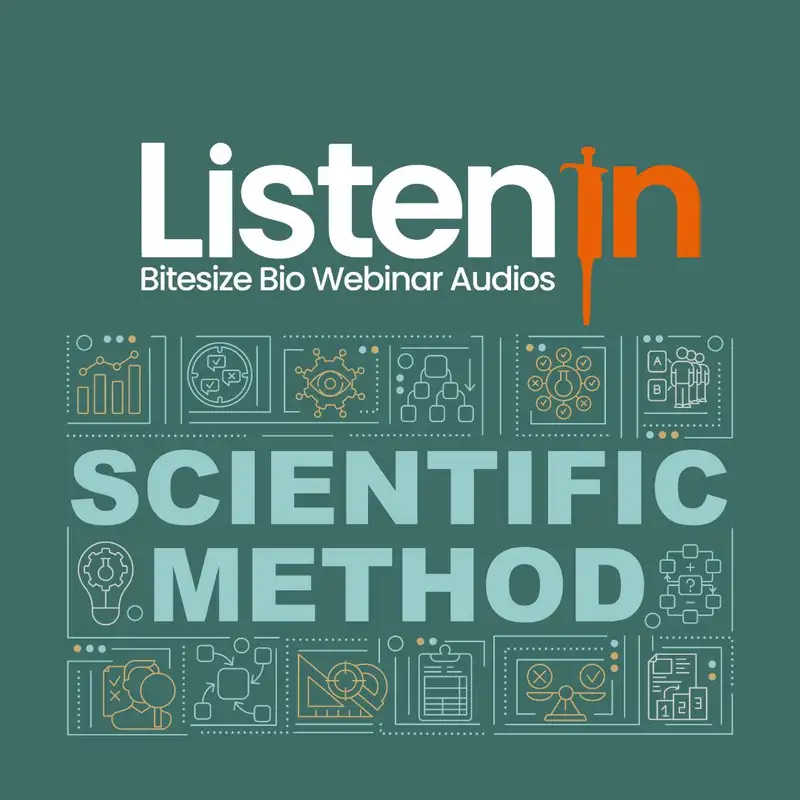
Confirmation Bias and The Scientific Method I: How to Avoid Confirmation Bias
For many researchers, modern science has become about getting results rather than asking questions. Results mean publications, and publications mean more funding. Howe...

Cryo-tomography to Volume EM: Explore with Hydra Bio Plasma-FIB
Volume electron microscopy or volume EM (vEM) was named one of Nature's Technologies to Watch in 2023. The new Thermo Scientific Hydra Bio PFIB integrates advanced cry...

The 12Rs Framework: Enabling High-quality Humane Research Involving Animals
In this episode of Listen In, see how emerging and global challenges of conducting ethical animal research have led to the 12Rs Framework to guide humane experimental ...

Elevate Your Research with Spatial Insights
In this episode of Listen In, learn more about how the convergence of AI technology and scientific discovery can revolutionize our understanding of biology and disease...

Unleash New Biological Insights with Innovative Glycoanalytics
Glycosylation is a prevalent modification of proteins known to play diverse roles across a wide range of biological processes. While glycoproteins are widely recognize...

Contamination and Recovery of PFAS in Analytical Methods Requiring Filter Membranes
Liquid chromatography-mass spectrometry (LC-MS) is a crucial technique in many life sciences, including proteomics, metabolomics, pharmaceutical analysis, clinical dia...

Label-free 3D Live Cell Imaging and Quantification using Holotomography
Holotomography has emerged as a helpful tool for imaging live specimens without additional pre-treatment, such as fixation, fluorescence labeling, and excitation. It c...

Back to Buffer Basics: Everything You Need to Know About Buffers
Buffers are critical to nearly all our experiments. Poorly prepared buffers lead to failed Western blots, poor protein yields, flat binding curves—and wasted time. Und...

How to Write a Research Paper IV: Understanding the Publication Process
You have written a research paper. What now? Your research can only have an impact if someone reads it. So, you must submit your article to a journal for publication. ...

How to Write a Research Paper III: Common Problems and How to Overcome Them
The best way to solve a problem is to avoid it in the first place. While journals can and do reject articles for scientific reasons, they also reject articles for stru...

How to Write a Research Paper II: The Anatomy
All research papers have certain elements in common: Introduction, Methods, Results, and Conclusion. How can you structure your introduction to best frame the research...

How to Write a Research Paper I: Telling Your Story
Rarely do we consider writing a scientific paper as a creative exercise. But what if that could change? The best way to communicate anything is through stories. The sc...

Using Antisense to Characterize Nonsense: A Mouse Model of Progranulin-Deficient Dementia
Transgenic mouse models are important tools for testing therapeutic strategies. In this episode of Listen In, discover the benefits and essential considerations when c...

Visualizing Membrane Dynamics by Electron Microscopy
Explore how the latest electron microscopy techniques and volume imaging can capture fast, dynamic membrane and vesicle remodeling events during synaptic transmission ...

Benefits of Imaging Data in Flow Cytometry Experiments: A Panel Discussion
Experience the transformative power of unbiased, data-driven cell analysis with access to over 25 image-derived label-free parameters, empowering you to easily assess ...

Jump into 3D Organoids: Basic Culture Techniques and Advanced Applications
Organoids are three-dimensional in vitro cultures derived directly from patient tissues or induced pluripotent stem cells (iPSC) and embryonic stem cells. They self-or...

Ethical Research Practice III: Image Manipulation – What's Ok, and What's Not
As a scientific researcher, you must present your work in an unbiased, original, and representative way. Without due care and attention, it is easy to drift over the b...

Ethical Research Practice II: Reporting Negative Results and Outliers
As a scientific researcher, you must present your work in an unbiased, original, and representative way. Without due care and attention, it is easy to drift over the b...

Ethical Research Practice I: Plagiarism – What It Is and How to Avoid It
As a scientific researcher, you must present your work in an unbiased, original, and representative way. Without due care and attention, it is easy to drift over the b...

Everyday Culture Practice: Improving Reproducibility in Cell Culture
Eukaryotic cell cultures respond to the slightest influence. Apart from the risk of contamination, minimal changes in cultivation parameters can affect their viability...


